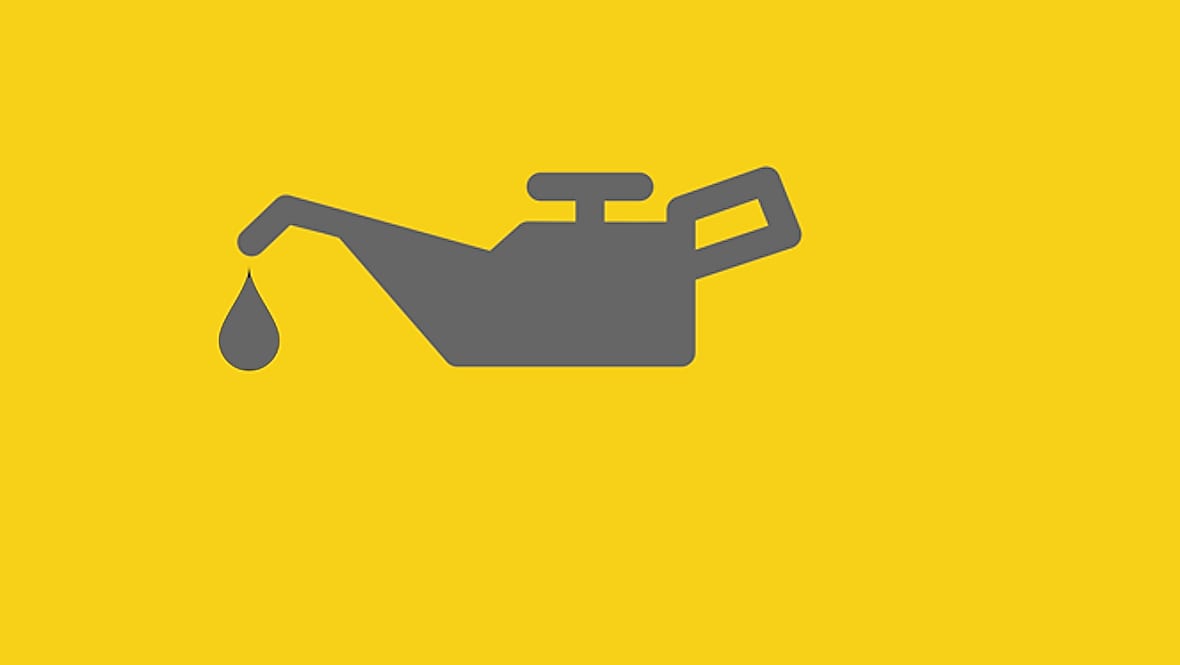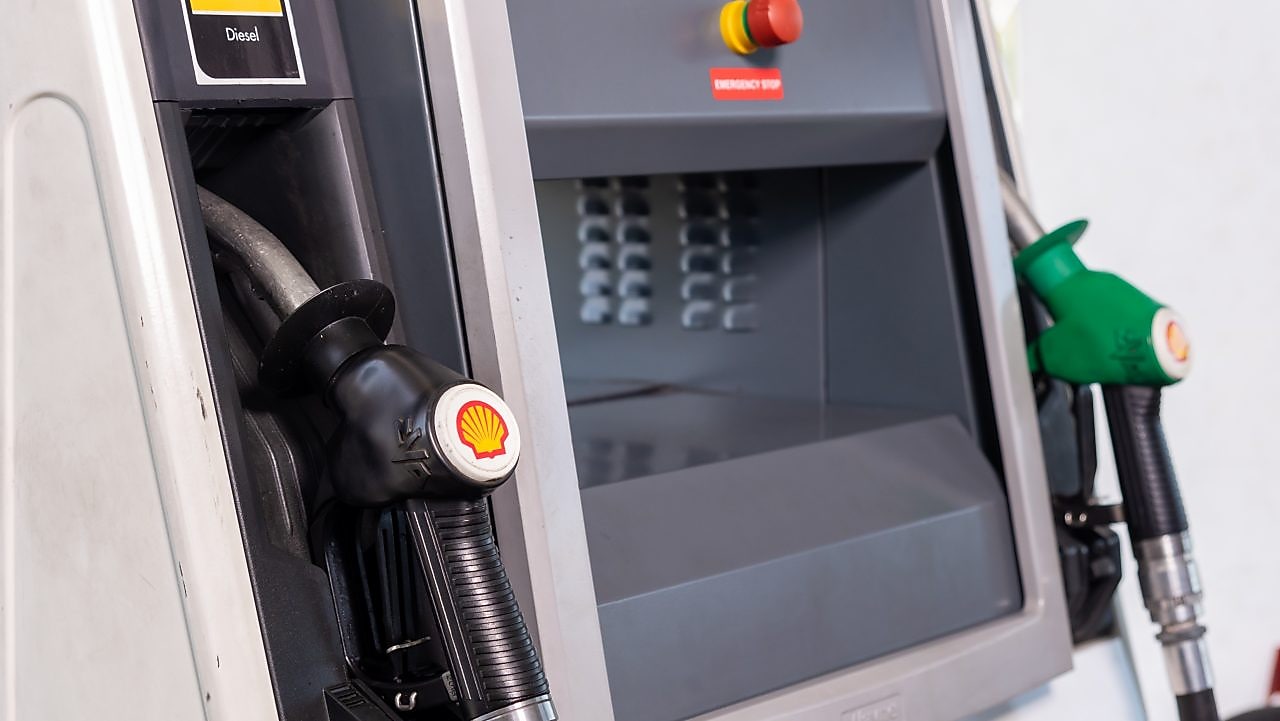
Tips for festive season driving
The advice is simple: Do not drive whilst under the influence of prescribed drugs or alcohol. Find out how they affect your driving ability and what you can do to ensure that you stay safe on the road.
What are the risks of driving under the influence?
Whether you are caught driving while under the influence, the results will be the same. Depending on local law and the levels of consumption found, you could face:
An accident leading to injury or even death
Living with the guilt of having caused injury or death to others
The loss of your job
A prison sentence
A criminal record
A large fine
The loss of your driving license, resulting in a complete change in lifestyle because you lose your independence
An increase in insurance premiums or difficulty in obtaining insurance
The need to successfully complete another driving test to acquire a license.
Stay drug and alcohol free
To minimise risks, the straight-forward advice is to refrain from driving after drinking alcohol or taking drugs.
If you must drink, make sure you are aware of the guidelines that are in place and stay strictly within the limits. Plan your journey - if you intend to drink, make alternative travel arrangements for the return trip with a colleague, friend or use a taxi. If you spontaneously have a drink, then stay within limits or seek a lift home. Be vigilant with others too; by challenging a friend or colleague’s ability to drive, you could save lives.
As alcohol is for recreational purposes only, it is relatively simple to abstain or monitor your intake.
Driving under the influence of drugs
Whether drugs are prescribed, purchased over-the-counter or illegal, the physical effects can result in:
Erratic or aggressive behaviour
Inability to concentrate
Fatigue
Nausea
Hallucinations
Panic attacks
Paranoia
Tremors
Dizziness
A driver at risk of suffering from any of these conditions and in charge of a vehicle is at high risk of causing an accident.
Prescribed drugs
If you are on prescribed medication, read the packaging carefully to find out what the potential side effects are. Ask your doctor if it is safe to drive and monitor your reaction to the drugs. If in doubt, seek further medical advice and avoid driving if there is any chance that your driving ability will be affected.
Every drug has different side effects but be aware that anti-anxiety drugs will generally slow your reaction time and dull your alertness whilst stimulants will encourage risk-taking and hinder your ability to safely judge distances.
Alcohol
The greatest challenge facing any driver is being aware of your personal limits. Even if you stay below recommended levels, there is a strong chance that you may test positive. Everyone processes alcohol differently so what works for some, will not necessarily apply to others. It will depend on your age, weight, sex and your metabolism so the best advice remains to not drink and drive at all.
Remember that alcohol will stay in your system so be sure that it is safe to drive the next day.
The best protection is prevention: Be drug free, be alcohol free, be safe.


